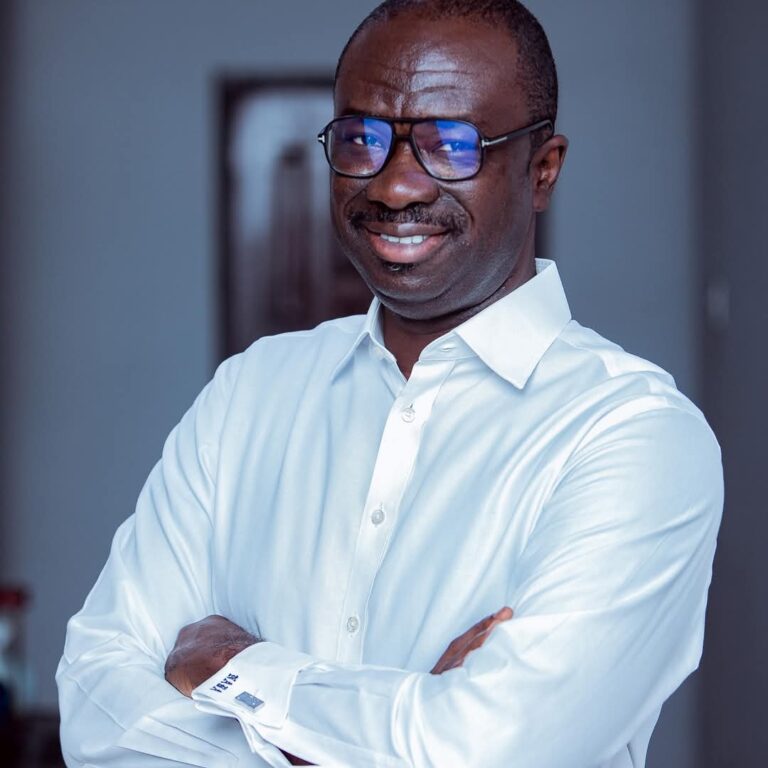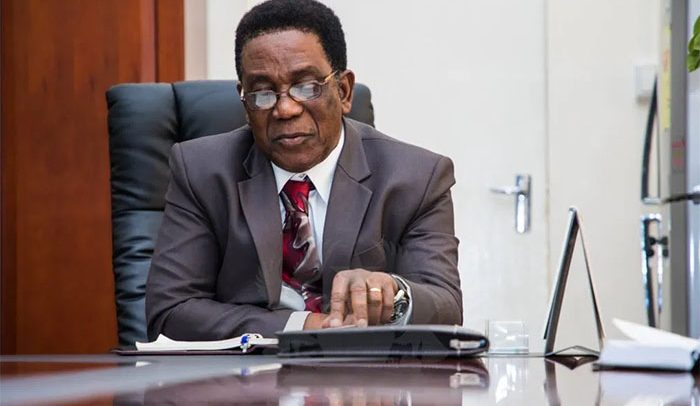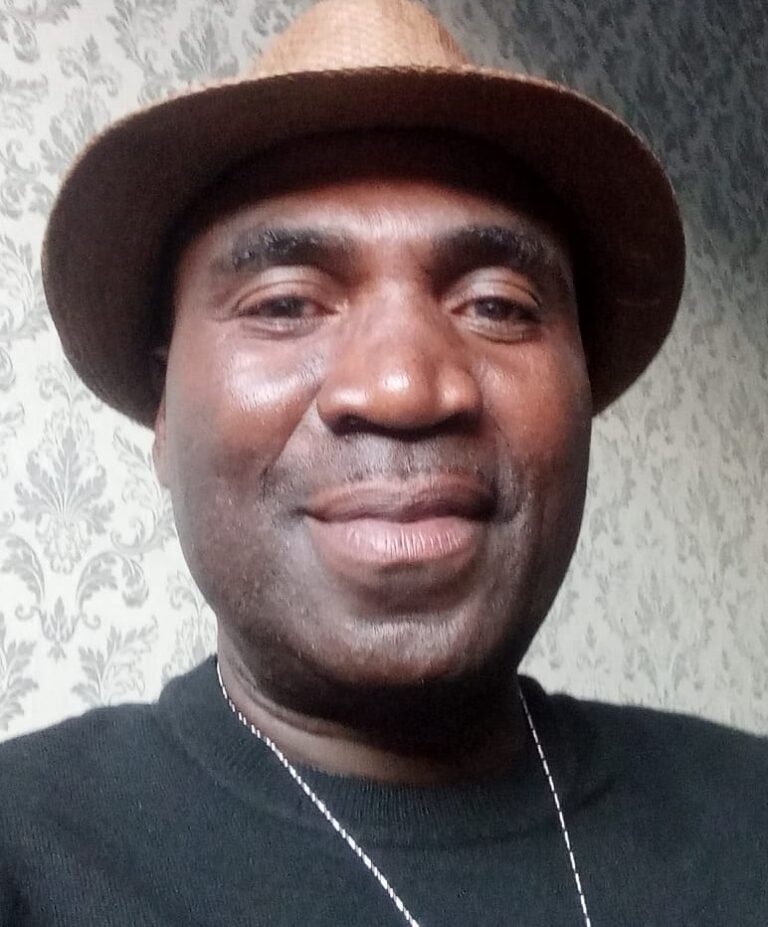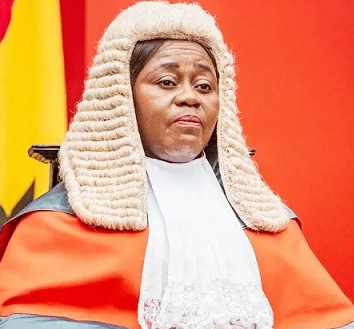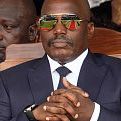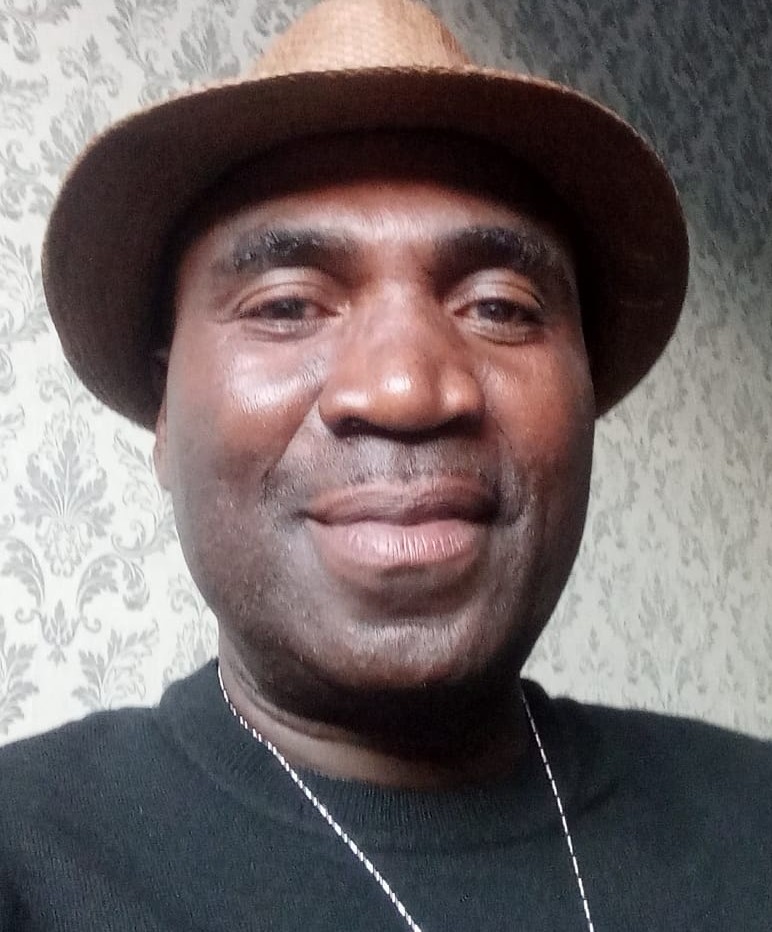
Africa Today
Institutions of journalism must critically evaluate and verify the content they produce, given their vital role in shaping national discourse and public opinion.
Africa today faces profound challenges, marked by internal and external pressures that contribute to its ongoing socio-political and economic instability. These challenges are largely driven by widespread economic hardship experienced by many Africans. Despite the continent’s abundant natural and human resources, Africa is often perceived, both internally and externally, as a land of scarcity. This paradox is reflected in the increasing number of Africans who willingly migrate in search of better opportunities abroad
The question that arises is: why are we all becoming incapable of putting our resources to good use to make life better for ourselves than allowing foreign nationals to take advantage of our blessed natural resources?
It leaves much to be desired to witness the number of African youths entering the borders of Europe, the Americas, Asia and other continents. Any slightest answer from any of them tells there is no hope in Africa. Oh! Mother Africa..
A growing concern across the continent is the tendency of some members of Africa’s elite to prioritise personal and financial interests—often positioning their children in advantageous roles—while broader societal needs remain under-addressed. This dynamic, risks deepening socio-economic inequalities, as many ordinary citizens continue to face increasing hardships
It is truly heartbreaking to witness pastors using their sacred pulpits as platforms for self-enrichment, often at the expense of those in need, like the widows who give what little they have.
Government agencies are operating under the mercy of ruling governments and therefore dip their hands into the nation’s coffers because of the fear of tomorrow when their parties are not in power.
The Custodians of the Lands, who can stand strong, are also becoming divided because of secret political affiliations.
Africa today is undergoing another form of enslavement, and the earlier we withstand it, the better.
A contemporary form of intellectual displacement is evident in the prioritisation of African Master’s degree holders for migration to Europe with their families. While such opportunities may benefit individuals, they contribute to a broader trend of brain drain, whereby the intellectual capital essential for Africa’s development is increasingly absorbed by the Global North. This is purely intellectual dishonesty and it is dangerous than any damage one can cause to their nation. All the resourceful, able-bodied are cutting out of Africa.
Contemporary democratic developments in Africa are increasingly enabling citizens to set aside long-standing cultural norms and traditions, even though these have historically constituted the foundational fabric of communal life
The culture of vulgar display of wealth compelling people to engage in unnecessary risks, ending them in prisons to die or get more destroyed is not the best.
The growing interest of foreign nationals in Africa underscores the continent’s increasing global significance, often more than we, as Africans, recognise ourselves. It is both timely and necessary to embrace the insights of those with international experience and encourage collaboration with the current government to collectively address the challenges we face and mitigate further harm.
To control the abuse of Culture and traditions where disrespect is becoming the order of the day, I suggest we add a bit of military power to our institutions for discipline’s sake.
Institutions of journalism must critically evaluate and verify the content they produce, given their vital role in shaping national discourse and public opinion.
*The author, Osabarima Kwaku Adu, serves as the Chief Executive Officer of the Black Restoration Foundation, an organisation based in the Netherlands.

